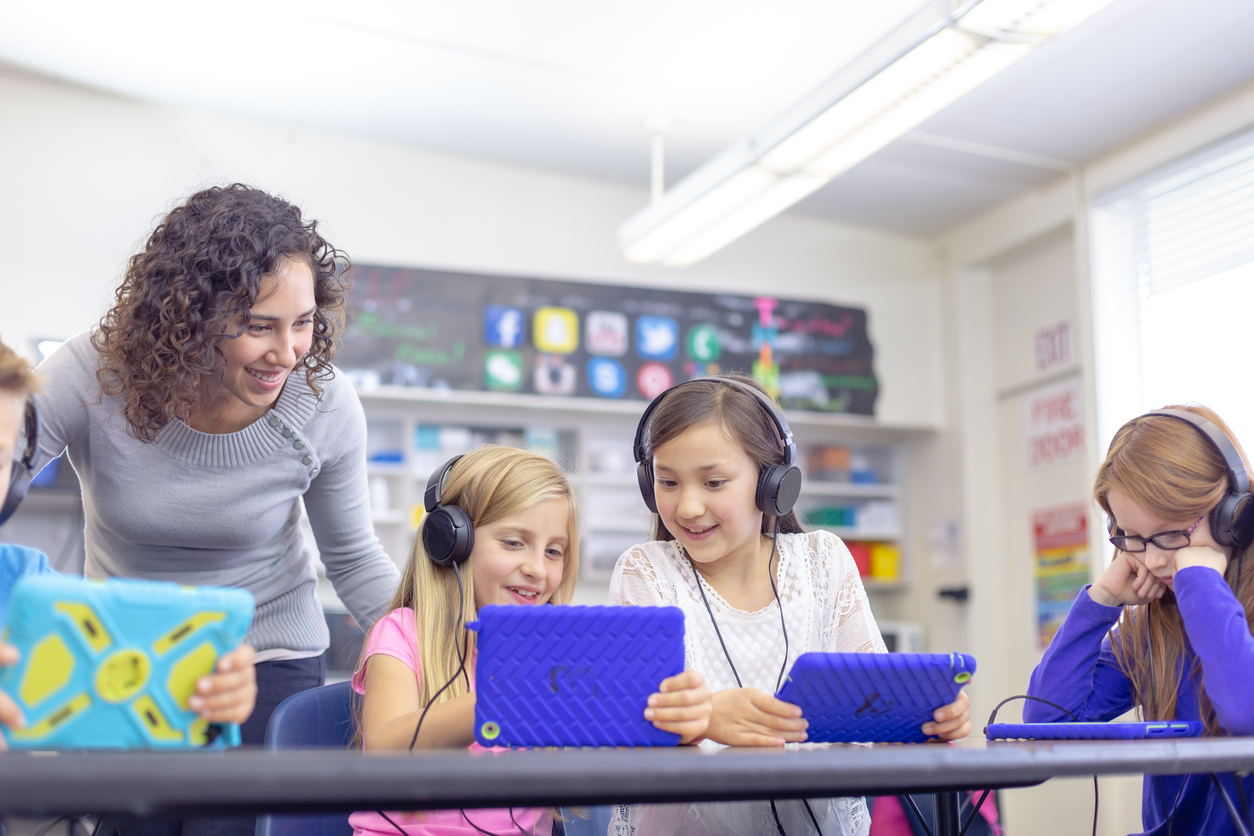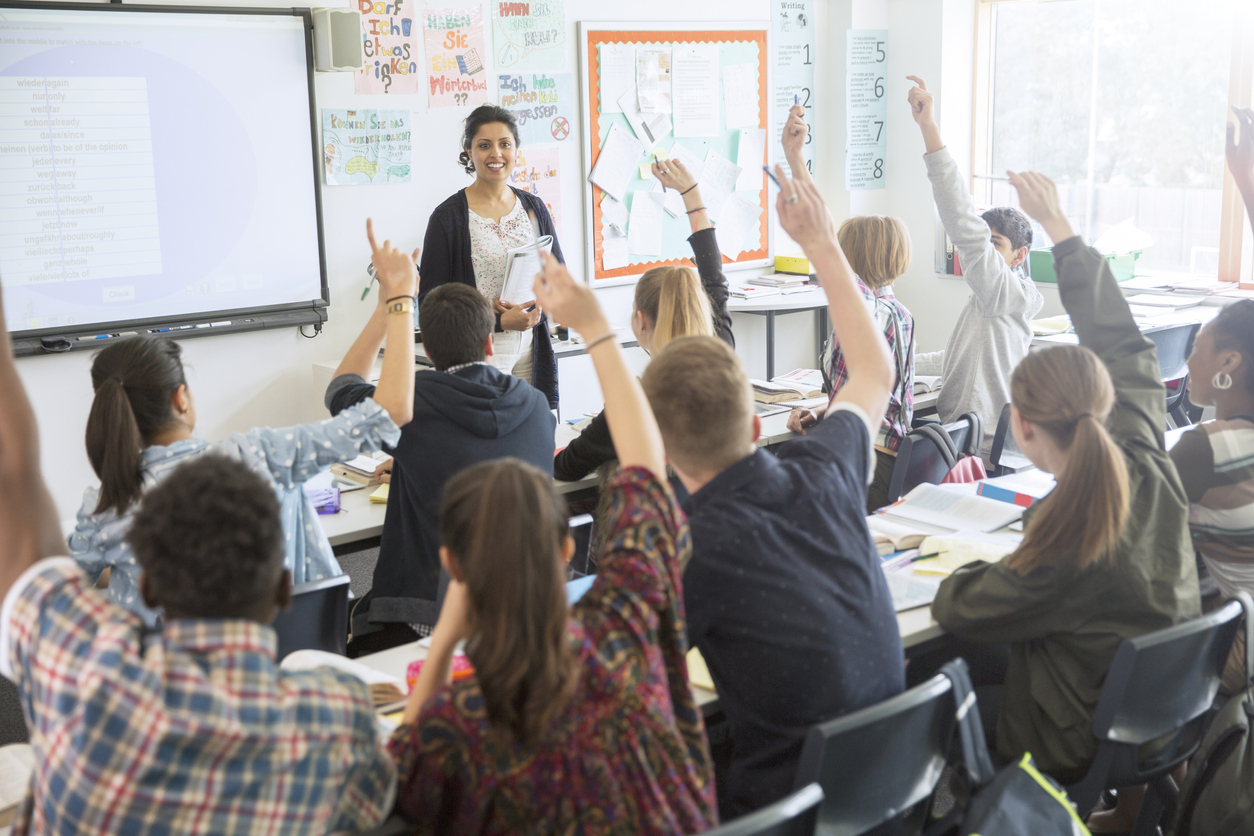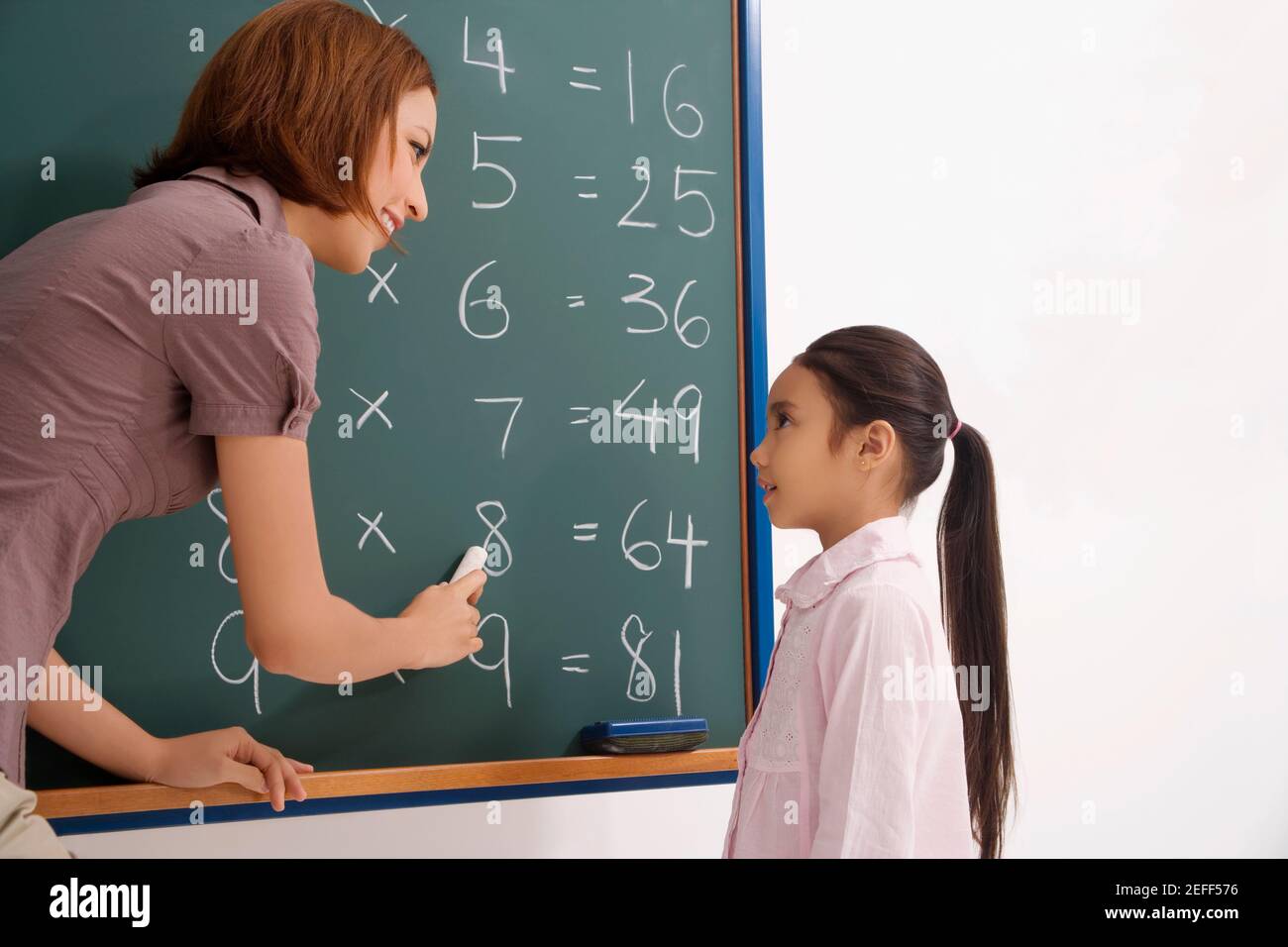Exploring the Different Teaching Methods in Key Science Education And Learning Today
The landscape of key scientific research education and learning is evolving, with different training techniques acquiring importance in modern class. Inquiry-based learning, hands-on experiments, and the integration of innovation are redefining just how educators engage young minds. Additionally, joint strategies and set apart direction are being employed to accommodate the diverse requirements of trainees, improving both interaction and understanding. As we take a look at these methodologies, questions develop about their performance and the effects for future instructional techniques. What might these changes in approach mean for the future generation of learners?
Inquiry-Based Knowing
Inquiry-Based Knowing (IBL) is a pedagogical method that motivates pupils to discover clinical ideas with questioning, investigation, and hands-on testing. This method stresses the duty of trainees as energetic individuals in their understanding, advertising important thinking and analytic abilities. By engaging with real-world questions, pupils end up being interested and motivated, which boosts their understanding of scientific principles.
In IBL, educators function as facilitators, directing pupils as they navigate their inquiries instead than providing information straight. This student-centered strategy permits distinction, fitting various finding out styles and speeds. Students establish skills in creating hypotheses, making experiments, and examining information, which are important for clinical literacy.
Furthermore, IBL cultivates partnership among pupils, encouraging them to share findings and concepts. This cumulative inquiry advertises social skills and a sense of area within the classroom. The procedure of inquiry urges strength, as trainees find out to welcome failing as a stepping stone towards understanding.
Hands-On Experiments
Hands-on experiments are an important part of reliable science education, matching the concepts of inquiry-based knowing. These experiments enable trainees to engage directly with scientific principles, cultivating a much deeper understanding through experiential knowing. By adjusting materials and observing results, young students can realize abstract theories in substantial ways.
Such activities promote important reasoning and analytical skills, as trainees assume results, conduct experiments, and evaluate outcomes. This procedure motivates them to ask concerns, improve their understanding, and develop a scientific attitude. Hands-on experiments can be tailored to diverse knowing styles, ensuring that all students have the opportunity to involve meaningfully with the web content.
In addition, hands-on experiments usually urge cooperation among peers, promoting teamwork and interaction abilities. Working in groups enables pupils to share concepts, review searchings for, and gain from each other, which boosts their total academic experience.
Incorporating hands-on experiments into the key scientific research educational program not just enriches the finding out setting however likewise cultivates a long-lasting rate of interest in science. By proactively participating in their education and learning, trainees are most likely to develop a passion for clinical inquiry that expands beyond the class.

Modern Technology Integration
Integrating modern technology right into key science education has come to be increasingly essential in fostering trainee interaction and boosting finding out outcomes. Making use of digital devices, such as interactive simulations, digital labs, and academic software application, supplies trainees with possibilities to discover clinical principles in innovative ways. These resources facilitate a much deeper understanding of intricate subjects by permitting students to picture and control variables that would be impractical in a conventional classroom setup.
In addition, modern technology combination motivates customized learning experiences. Pupils can proceed at their own speed, reviewing challenging concepts via multimedia resources, which cater to various discovering styles. This adaptability not just supports private growth but try this site additionally cultivates a sense of freedom in students.
Additionally, modern technology offers as a bridge to real-world scientific research, connecting students with present study and specialist contributions. Accessibility to clinical journals and on the internet data sources expands students' perspectives on scientific questions and fosters vital assuming skills.
Collaborative Understanding
Joint knowing plays a crucial duty in main science education and learning by fostering team effort and interaction skills amongst students. This technique More hints encourages learners to collaborate, share expertise, and engage in analytical, which boosts their understanding of scientific ideas. By taking part in group tasks, pupils learn to verbalize their concepts, listen to varied viewpoints, and work out solutions, all of which are essential skills in both real-world and scholastic contexts.

Research study suggests that collaborative learning can cause increased motivation and interaction in scientific research subjects, as trainees locate enjoyment in shared experiences (primary science tuition Singapore). Furthermore, this technique prepares students for future collaborative ventures, outfitting them with the abilities necessary for effective team effort in greater education and learning and specialist environments. Ultimately, embracing collective understanding in key science education can substantially enhance the understanding experience and advertise a much deeper understanding of clinical questions
Distinguished Instruction

Distinguished guideline can manifest in different means, such as differing the content, processes, or items of learning. Educators might use tiered assignments that offer differing degrees of intricacy, permitting students to function at their respective readiness levels. Furthermore, versatile organizing strategies can help with cooperation among trainees with different abilities, promoting peer understanding.
Assessment plays a crucial function in this approach, as it informs instruction and aids instructors recognize each pupil's special needs. Formative assessments, such as tests and observations, can assist instructors in changing their methods to improve discovering outcomes. primary science tuition Singapore. Ultimately, by carrying out distinguished guideline in key scientific research education and learning, instructors can grow a much more effective and fair knowing atmosphere, equipping all students to reach their complete capacity in comprehending scientific phenomena
Final Thought
In recap, the diverse teaching strategies in main scientific research education, including inquiry-based understanding, hands-on experiments, modern technology combination, collaborative understanding, and separated direction, collectively add to a much more reliable discovering atmosphere. These techniques promote crucial thinking, problem-solving abilities, and a deeper understanding of scientific principles. By carrying out these strategies, instructors can create interesting and helpful class that address the diverse demands of trainees, inevitably promoting a long-lasting interest in scientific research and enhancing academic success.
Inquiry-Based Knowing (IBL) is an instructional approach that motivates pupils to explore scientific principles through doubting, examination, and hands-on experimentation.Collective discovering plays an important function in key science education by cultivating teamwork and communication skills amongst students.Research shows that joint knowing can lead to enhanced inspiration and involvement in science subjects, as students discover satisfaction in common experiences.In cultivating an inclusive knowing atmosphere, differentiated instruction emerges as a crucial approach to suit the varied needs and abilities of students in primary science education. Eventually, by carrying out separated guideline in key science education and learning, instructors can grow an extra efficient and equitable knowing environment, empowering all students to reach their full possibility in understanding clinical sensations.
Comments on “Unlock Your Child’s Potential with Primary Science Tuition Singapore”